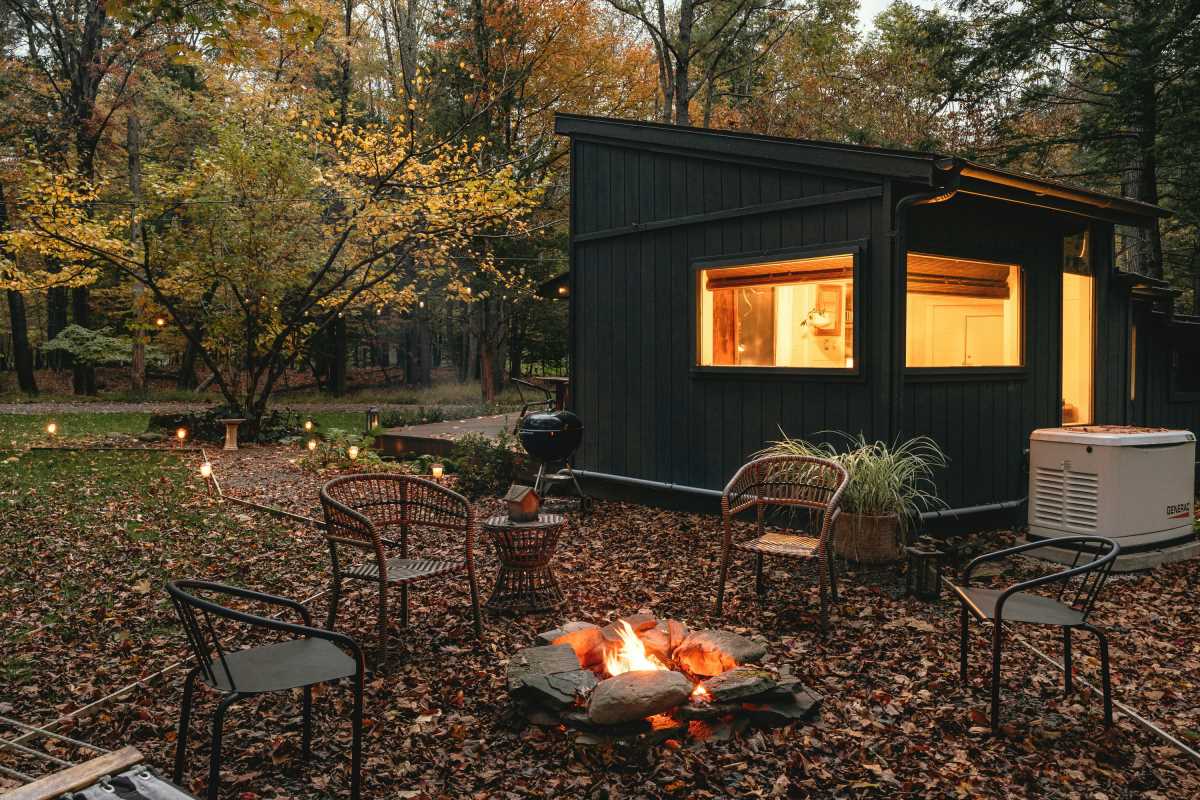Imagine waking up in a cozy, beautifully designed space that perfectly aligns with your minimalist lifestyle. Tiny homes represent more than just a trend; they present a smart investment choice for those who value simplicity, sustainability, and financial awareness. Investing in tiny homes provides a unique opportunity to embrace a clutter-free life while gaining significant financial and environmental benefits.
Financial Advantages of Tiny Homes
Investing in tiny homes can be a financially sound decision for many reasons:
- Lower Purchase Prices: Tiny homes typically cost a fraction of traditional houses, making them accessible to a wider range of investors.
- Reduced Maintenance Costs: Smaller spaces require less upkeep, leading to lower maintenance expenses over time.
- Energy Efficiency: With smaller square footage, energy bills for heating, cooling, and electricity decrease significantly.
- Appreciation Potential: As the demand for sustainable living grows, the value of well-located tiny homes is likely to rise.
- Rental Income Opportunities: Tiny homes can serve as rental properties or vacation rentals, providing a steady stream of income.
These financial perks make tiny homes an attractive option for investors looking to maximize returns while minimizing costs. The affordability factor also lowers the barrier to entry, allowing more individuals to participate in the real estate market.
Lifestyle Benefits for Minimalists
Living in a tiny home aligns perfectly with minimalist values by promoting a life of simplicity and intentionality. With limited space, you’re encouraged to prioritize possessions that truly matter, leading to a more organized and less cluttered living environment. This reduction in belongings creates a more serene and peaceful home and reduces the stress associated with maintaining and managing numerous items.
Tiny homes also provide a sense of freedom and mobility. Many tiny homeowners appreciate the flexibility to relocate easily, whether it's moving to a different neighborhood or embarking on new adventures without being tied down by a large property. This lifestyle encourages a focus on experiences rather than material possessions, enhancing overall well-being and satisfaction.
Environmental Impact and Sustainability
Choosing to invest in tiny homes positively impacts the environment in several ways:
- Lower Carbon Footprint: Smaller living spaces require fewer materials to build and maintain, resulting in reduced carbon emissions.
- Use of Sustainable Materials: Many tiny homes are constructed using eco-friendly and renewable materials, promoting sustainable building practices.
- Energy Efficiency: Tiny homes are easier to heat and cool, and they often incorporate energy-efficient technologies such as solar panels and rainwater harvesting systems.
- Minimal Waste Production: The minimalist lifestyle encourages reducing waste, as owners are more mindful of their consumption and disposal habits.
- Land Conservation: Smaller properties take up less land, preserving natural habitats and reducing urban sprawl.
By investing in tiny homes, you contribute to a more sustainable future, supporting eco-friendly living practices that benefit both individuals and the planet.
Challenges and Considerations
While tiny home investments offer numerous benefits, it's important to be aware of the potential challenges:
Zoning Laws and Regulations: Local zoning laws can restrict where tiny homes can be placed, affecting their viability as investments. It’s crucial to research and understand the regulations in your desired area before investing.
Financing Options: Securing financing for tiny homes can be more complicated than for traditional homes, as many lenders hesitate to fund smaller properties. Exploring alternative financing methods and preparing for potential hurdles is essential.
Resale Market: The market for tiny homes is still growing, which can impact resale value and liquidity. Investors should consider the long-term demand and potential for appreciation when making their investment decisions.
Maintenance and Upkeep: While maintenance costs are generally lower, tiny homes still require regular upkeep to preserve their value and functionality. Being prepared for these ongoing responsibilities is important for sustained investment success.
Addressing these challenges with careful planning and informed decision-making can help mitigate risks and enhance the potential rewards of tiny home investments.
Comparison with Other Unconventional Investments
When compared to other unconventional investments, tiny homes offer a unique blend of tangible asset ownership, lifestyle integration, and sustainability. Unlike investing in art or collectibles, tiny homes provide a functional asset that can generate rental income and appreciate in value based on real estate trends. Additionally, the environmental benefits of tiny homes set them apart from other unconventional investment options, appealing to investors who prioritize sustainability alongside financial returns.
The growing popularity of minimalist living and sustainable housing solutions positions tiny homes as a forward-thinking investment choice. This contrasts with more speculative unconventional investments, which may not offer the same level of practical utility or alignment with current societal trends. For investors seeking a balance between financial gain and personal values, tiny homes present a compelling option within the landscape of alternative investments.
Tiny home investments offer a compelling combination of financial advantages, lifestyle enhancements, and environmental benefits that resonate strongly with minimalists. While challenges exist, careful planning and informed decision-making can lead to successful and rewarding investments. As the trend toward smaller, more sustainable living spaces continues to grow, tiny homes are poised to become a significant player in the real estate investment market.







